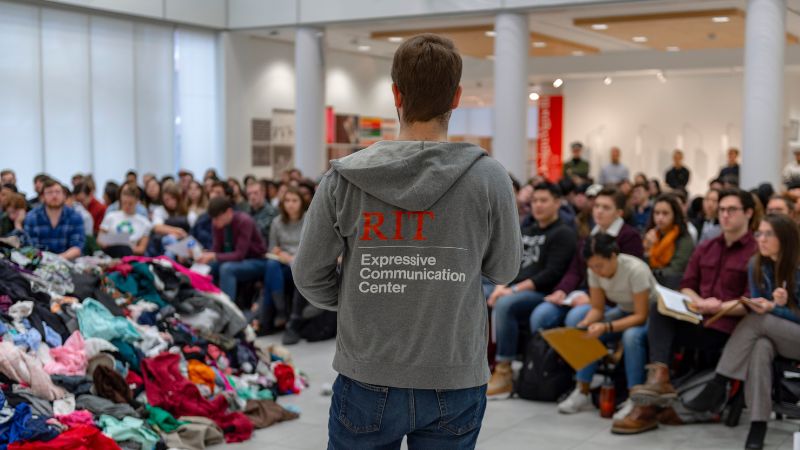Theatre Arts Immersion
- RIT /
- College of Liberal Arts /
- Academics /
- Theatre Arts Immersion
Curriculum for 2025-2026 for Theatre Arts Immersion
Current Students: See Curriculum Requirements
Contact
Program Contact
College of Liberal Arts, Office of Student Services
585‑475‑2444, libarts@rit.edu
Offered within
the
School of Performing Arts
School of Performing Arts
Search RIT
This website uses cookies to provide better user experience and functionality. You can control and configure cookies in your web browser.
Cookie Statement
|
How to Disable Cookies



